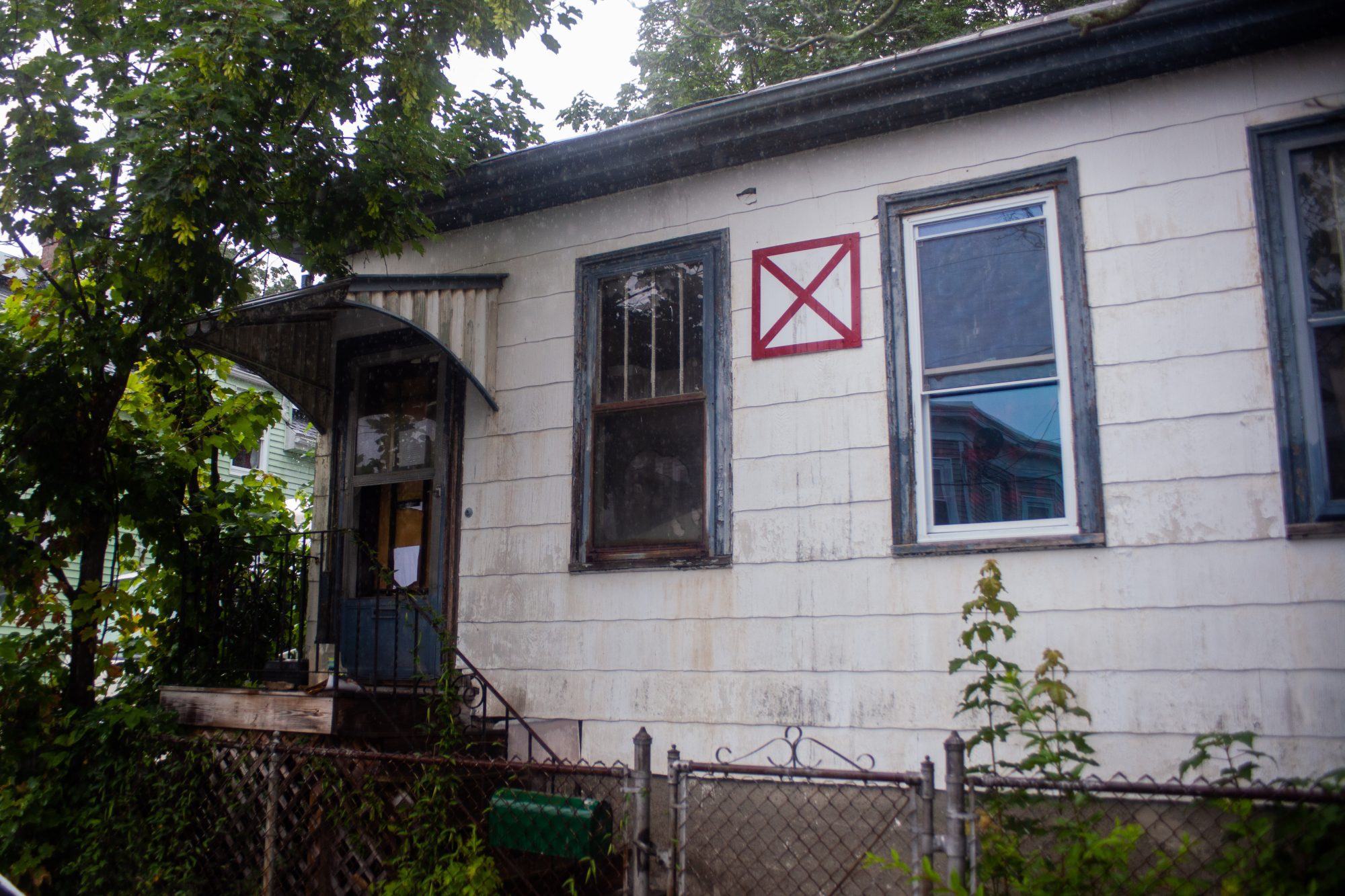LYNN — As the city continues to implement its Housing Production Plan, which is intended to improve the quality and quantity of residential units, it has added a valuable tool that can be used to address properties that have fallen into severe disrepair and, in many cases, become a nuisance to their neighborhood.
Through a collaboration with MassHousing, which provided a $200,000 Neighborhood Hub Grant, and the attorney general’s office, the city is fortifying and ramping up its ability to petition Essex County Housing Court to place a property into receivership for the purpose of having it rehabilitated and sold.
Receivership is considered a last resort and only sought after unsuccessful attempts to identify the owner and have them bring the property back up to code, according to Assistant City Solicitor James Wellock.
“It’s a lengthy and involved legal process,” Wellock said. “Before we seek receivership, there is an opportunity for the property to be brought into compliance so no receiver is needed.”
The first property to be placed into receivership under this initiative is 15 Murray St., for which the court appointed a receiver in June. The owner of the property died about 20 years ago and it was never placed into probate, Wellock said.
Under the receivership process, the receiver is granted temporary control of the property and is charged with providing the court with a specific plan to bring it up to code, said Jeff Weeden, planning and development specialist at the Lynn Housing Authority and Neighborhood Development who wrote the Neighborhood Hub Grant.
Costs that are incurred in rehabbing the property can be paid by the owner, but if that does not happen, a lien is placed on the property and when it is sold, the receiver is reimbursed for construction expenses, the city collects unpaid taxes, and the balance is given to the former owner.
“It’s a pretty harsh penalty,” Wellock said. “Typically, it gets to that point when there are no interested parties in the property or the owner can’t afford to make the necessary repairs.”
Mayor Jared Nicholson said the city would prefer not to apply for receivership on a property, but it is important to have the option.
“We have spent a great deal of time and effort addressing the critical housing shortage in the city,” the mayor said. “We are committed to doing whatever it takes to provide additional housing opportunities, and receivership is one method when there is no other option.”
Weeden said a consultant has been retained and is meeting with stakeholders including Lynn Police, Lynn Fire, developers, and contractors, and looking into best practices throughout the state. There is a plan to sync all the relevant departments through the use of software, so there will be continuous communication.
Whether a property is repaired by the owner in order to avoid receivership, or that process is played out, the end result is ideally one less problem property and at least one more housing unit.
“There is a housing crisis and turning a property around brings it back into the city’s housing inventory,” Wellock said. “This is a good tool to make sure we maximize the potential for improving the housing stock.”

